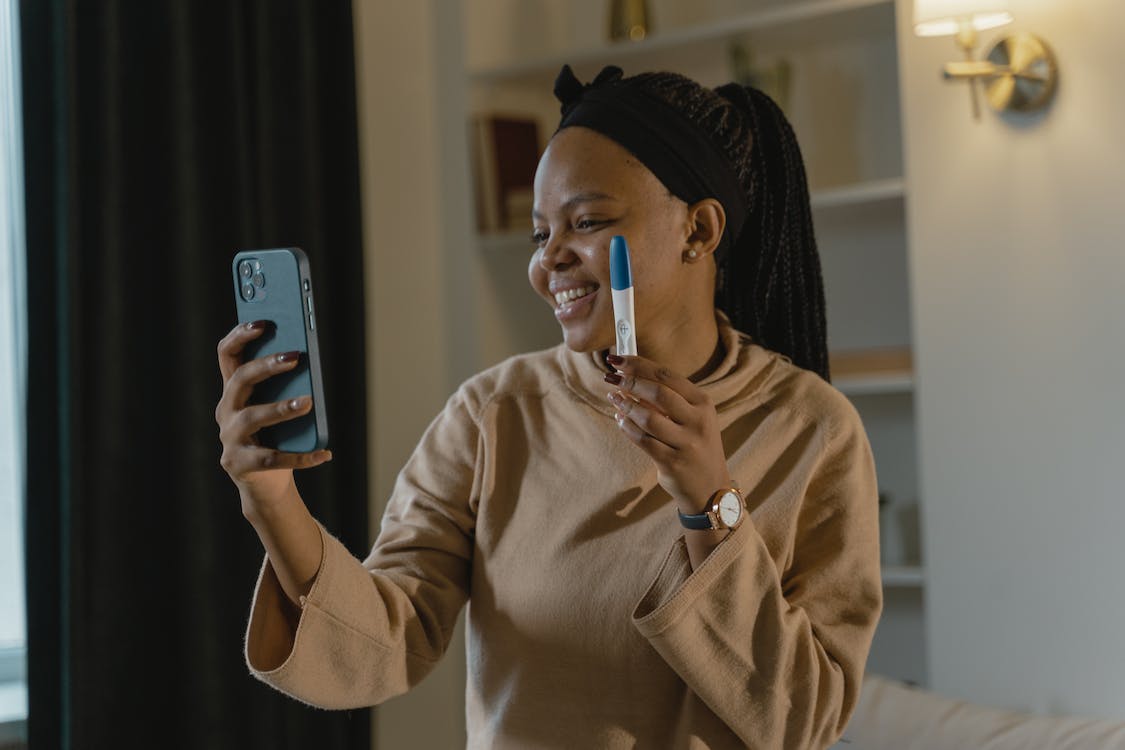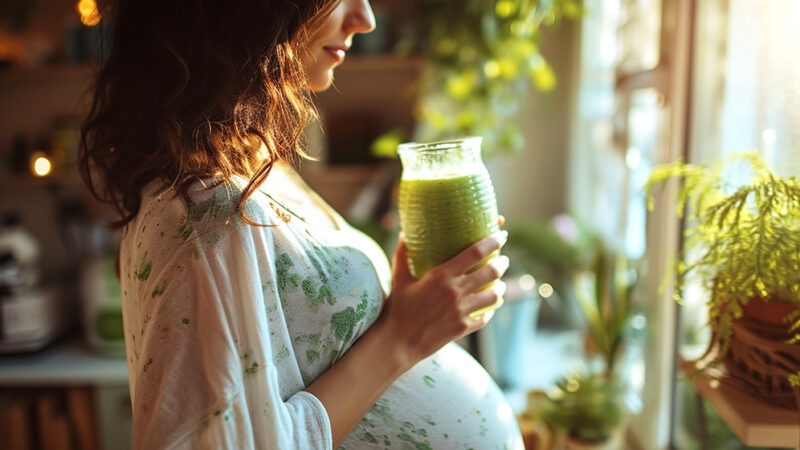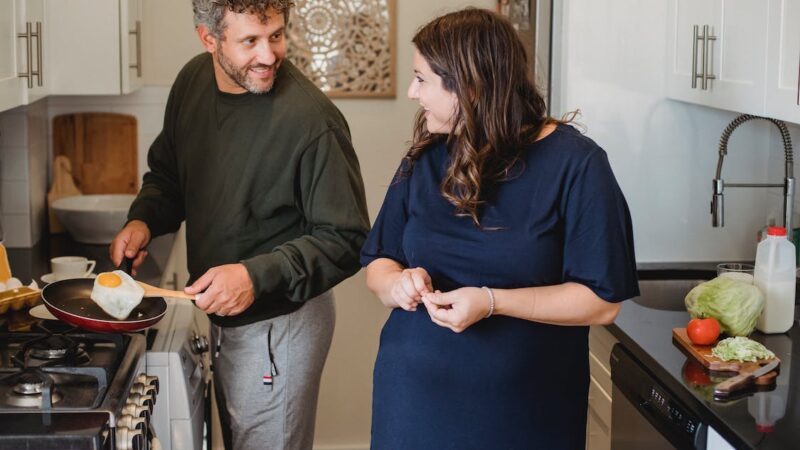How to Test Pregnancy in Natural Ways at Home

There are several natural ways to test for pregnancy at home. These methods are not as reliable as a traditional pregnancy test, but they can provide some indication of pregnancy.
Basal Body Temperature (BBT) method
This method involves tracking your basal body temperature (BBT) on a daily basis. The BBT is the temperature of the body at rest and can be measured with a basal body thermometer. The basal body temperature increases by a half degree after ovulation. The temperature should remain elevated until the next menstrual period. If the temperature remains elevated, it may indicate that you are pregnant. It is also important to note that factors such as illness, stress, and even sleep patterns can affect the temperature, so it is important to take the temperature first thing in the morning before getting out of bed to ensure accuracy.
Cervical Mucus Method
This method involves monitoring the consistency and color of cervical mucus. In early pregnancy, cervical mucus will become thick and white or yellow. As pregnancy progresses, it will become thicker and less stretchy. In addition, the cervix will be softer, higher, and open in a pregnant woman compared to a non-pregnant one. It is important to note that changes in cervical mucus can also be caused by other factors such as hormonal imbalances or infections, so it is not a reliable indicator of pregnancy.
Urine Test with Soap

This method involves mixing urine with soap and checking for the formation of foam or bubbles. If bubbles appear, it may indicate that you are pregnant. This method is not scientifically proven and it is not a reliable indicator of pregnancy.
Pregnancy Tea
There are teas that are made of specific herbs that are claimed to help identify pregnancy. Some examples of these herbs include red raspberry leaf, nettle, and alfalfa, among others. However, there is no scientific evidence that these teas can accurately indicate pregnancy. It is important to keep in mind that these methods are not always reliable and should not be used as a substitute for a traditional pregnancy test or consultation with a healthcare provider. If you suspect that you may be pregnant, it is best to take a traditional pregnancy test or visit a healthcare professional for confirmation.
It is important to keep in mind that these methods are not always reliable and should not be used as a substitute for a traditional pregnancy test or consultation with a healthcare provider. If you suspect that you may be pregnant, it is best to take a traditional pregnancy test or visit a healthcare professional for confirmation.









